Since December 15, 2019, passengers travelling to, from, or within Canada have been covered by the Air Passenger Protection Regulations.
These regulations cover the ways in which airlines must communicate with passengers, provide minimum standards of treatment and compensation during flight disruptions, compensate passengers for lost, delayed, or damaged baggage, seat families together, and adhere to standards of carriage for the transportation of musical instruments.
All airlines flying to, from, or within Canada are subject to these regulations, with some differences in compensation between large and small carriers.
Let’s have a look at how these regulations can protect you, both in general and in the event of a disruption to your travel plans during the busy summer travel months.
In This Post
- Flight Disruptions
- Denied Boarding
- Tarmac Delays
- Lost, Damaged, or Delayed Luggage
- Seating of Children
- Conclusion
Flight Disruptions
The Air Passenger Protection Regulations include provisions for what happens during flight disruptions on airlines flying to, from, or within Canada, covering both the compensation and the standards of treatment you are entitled to receive during a disruption.
Disruptions occur when you are delayed in getting to your final destination, and can occur for a host of reasons.
Compensation
In the event of a delay in your arrival at your final destination, you may be entitled to receive compensation under the Air Passenger Protection Regulations. Whether or not you are eligible depends on the size of the airline on which you’re flying, the length of delay you’ve faced, and, importantly, the cause of the delay.
Smaller airlines, such as Porter Airlines, are defined as carriers who have served less than two million passengers over the last two years. The level of compensation they must pay is less than that of large carriers, such as Air Canada, WestJet, or Flair Airlines, who are liable for higher levels of compensation.
The caveat here is that there are a host of situations whereby the reason for the delay may exclude you from being eligible for compensation. So, just because you were delayed in reaching your destination does not automatically net you some cold hard cash.
You are eligible for compensation if the reason for the delay is within the airline’s control. Examples of this include when flights are overbooked or oversold, when the delay is caused by routine maintenance to comply with legal requirements, or when a mechanical malfunction is identified during routine maintenance.
In these cases, you are eligible for the following amounts of compensation:
-
If you’re delayed by between three and six hours, you are eligible to receive at least $400 with large airlines and $125 with small airlines.
-
If you’re delayed by between six and nine hours, you are eligible to receive at least $700 with large airlines and $250 with small airlines.
-
If you’re delayed by nine or more hours, you are eligible to receive at least $1,000 with large airlines and $500 with small airlines.
However, you aren’t eligible for compensation if the cause of the delay is due to situations within the airline’s control but required for safety purposes (e.g. mechanical issues outside of what is covered above, any unforeseen event that is legally required to reduce risk to passengers, decisions made by the pilot or an airline’s Safety Management System).
Similarly, you aren’t eligible for compensation for situations outside of the airline’s control (e.g. unfavourable weather conditions, political/civil unrest, security threats, and a long list of other exclusions).
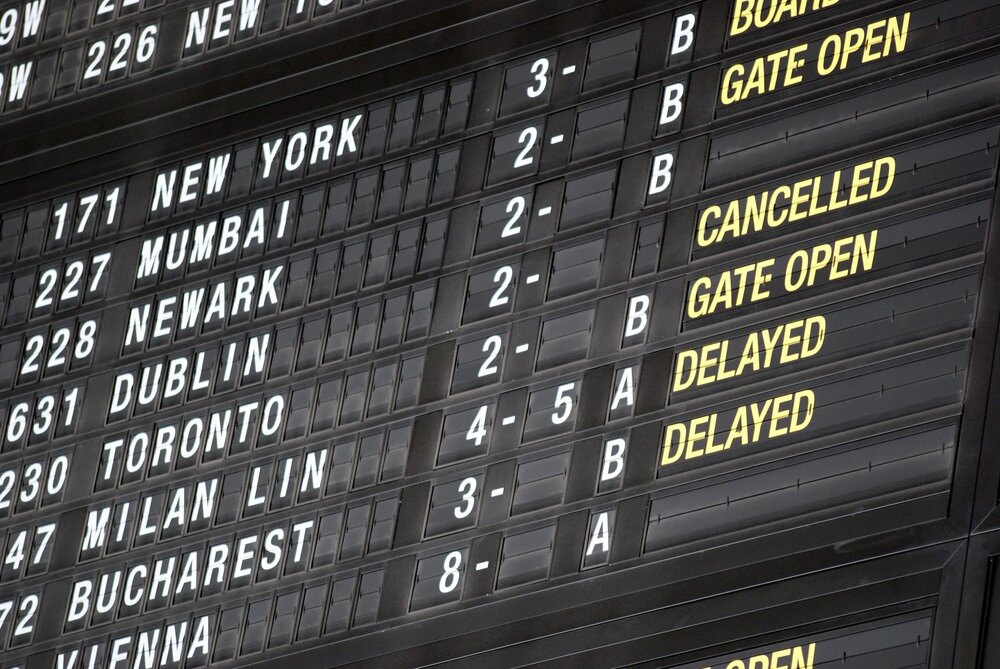
Passengers must be offered monetary compensation, but airlines may also offer vouchers or rebates that are of a higher value than the monetary compensation offered. Passengers have the right to choose which form of compensation they prefer.
The reason for the delay is not always obvious, especially in the event of knock-on effects from other delays. Airlines will usually send you an email or text message with the reason for the delay, but you may want to use a paid service, such as ExpertFlyer, to verify the cause for the delay.
Under the “Flight Status” tab, enter in your flight information. Under the flight details, clicking on “View Additional Comments” will pull up information for the cause of the delay.

If you’re eligible for compensation, you have one year to file a claim with the airline, who has to respond to your claim within 30 days of submission. There isn’t any description of what happens if the airline doesn’t respond within that time period, so it remains unclear whether there is any penalty for untimely responses.
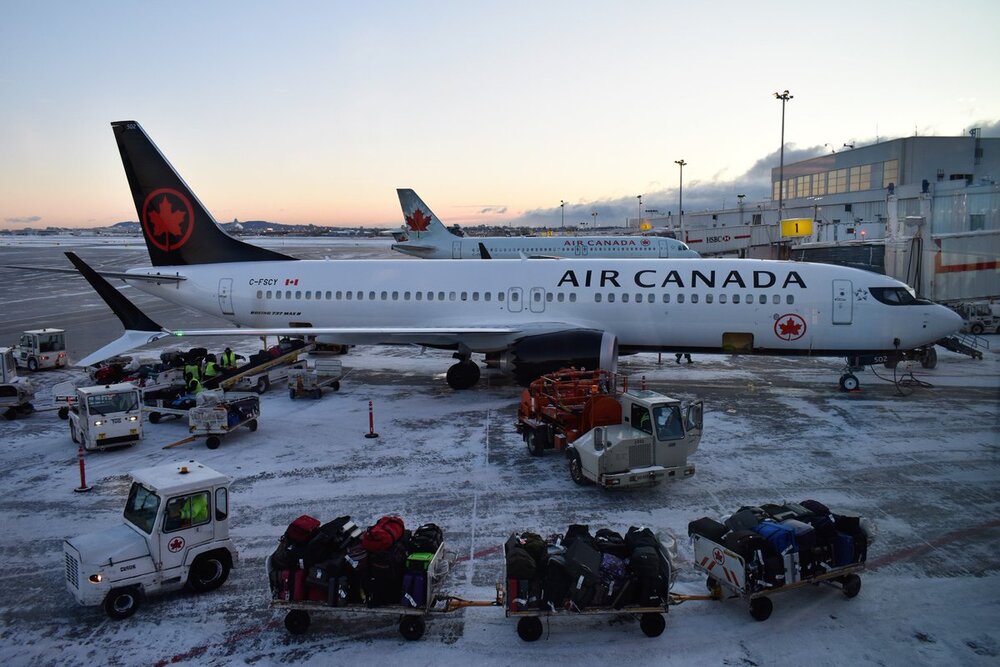
Standards of Treatment
The Air Passenger Protection Regulations also set out standards of treatment to which passengers are entitled in the event of a flight delay or cancellation.
After two hours of delays that are either within the airline’s control or within their control and required for safety purposes, passengers must be provided with food and drink “in reasonable quantities” and a means of communication (e.g. free Wi-Fi).
If the delay goes overnight, passengers must be offered a hotel or other comparable accommodation and free transportation to the accommodation.
If your flight is delayed by three or more hours or it’s cancelled altogether, airlines are required to rebook you on the next available flight. If the delay is within the airline’s control for any reason, and if the next available flight is nine or more hours after the original departure time, a large airline must rebook you on a different airline.
If you no longer need to travel because of a flight disruption that is within the airline’s control, you are entitled to a full refund as well as compensation ($125 for small airlines, $400 for large airlines) for the inconvenience.
Lastly, if you are affected by a disruption outside of the airline’s control for more than three hours, you must be rebooked to complete your itinerary, either with the original airline or with a partner airline. You’re also entitled to a refund if the airline is unable to rebook you on another itinerary within 48 hours of the original departure time.
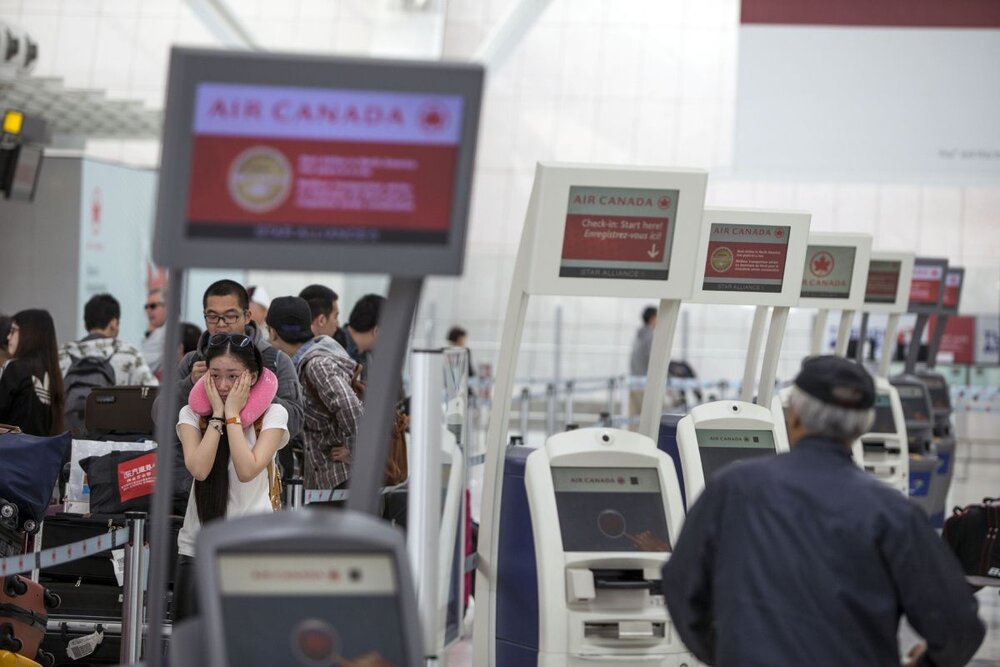
Denied Boarding
Denied boarding is when you are involuntarily removed from a flight, usually due to airlines overselling the cabin and there not being enough seats for everyone who is meant to be on the flight.
While rare, these situations can be quite unpleasant. The Air Passenger Protection Regulations stipulate standards of treatment and compensation for passengers affected in this manner.
Airlines usually look for passengers who will voluntarily give up their seat. If you’re not in a rush to reach your final destination, this can be a good opportunity to earn some cash, as well as a possible upgrade to a higher class of service.
Compensation applies to any passenger who is denied boarding for reasons within the airline’s control and not required for safety. There is no minimum delay in reaching your destination in this circumstance.
- If you are delayed between zero and six hours, you are entitled to at least $900
- If you are delayed between six and nine hours, you are entitled to at least $1,800
- If you are delayed by nine or more hours, you are entitled to at least $2,400
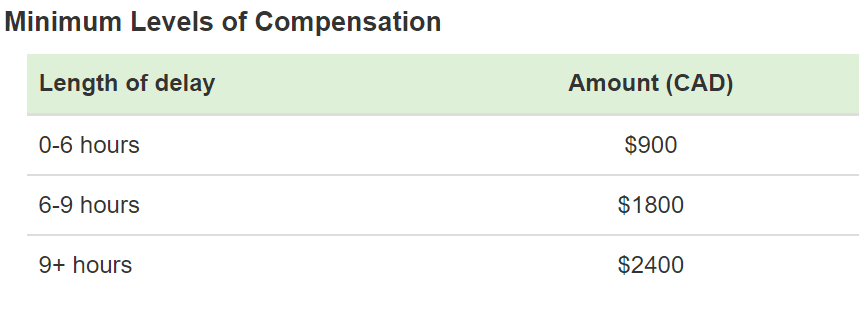
Typically, payment must be made immediately to the passenger who was denied boarding. Airlines have up to 48 hours to award the compensation, should they not be able to issue payment prior to the passenger’s new departure time.
In addition to the above, you are also entitled to standards of treatment, such as food and drink, Wi-Fi, and accommodation, as well as the option to refund your booking.
In the very rare event that you’re bumped from a flight for reasons within the airline’s control but required for safety or for reasons outside of the airline’s control, no compensation is offered, but you must be offered standards of treatment as mentioned above.
Tarmac Delays
Tarmac delays occur when the plane’s doors have been shut, but it has not yet taken off. Tarmac delays may also occur after a plane lands, but before it docks at the gate.
The Air Passenger Protection Regulations outline standards of treatment that passengers must receive in the event of a tarmac delay, which include:
- Access to working lavatories
- Proper ventilation, heating, and cooling
- Food and drink
- The ability to communicate with people outside of the plane, free of charge, as is feasible
After a three hour tarmac delay at a Canadian airport, airlines must return to the gate so passengers can disembark. If the plane is likely to depart in the next 45 minutes, and if the airline can continue to provide the standards of treatment, it may remain on the tarmac.
There is no extension to this time period, so in other words, there may be a tarmac delay for up to three hours and forty five minutes, but not longer.
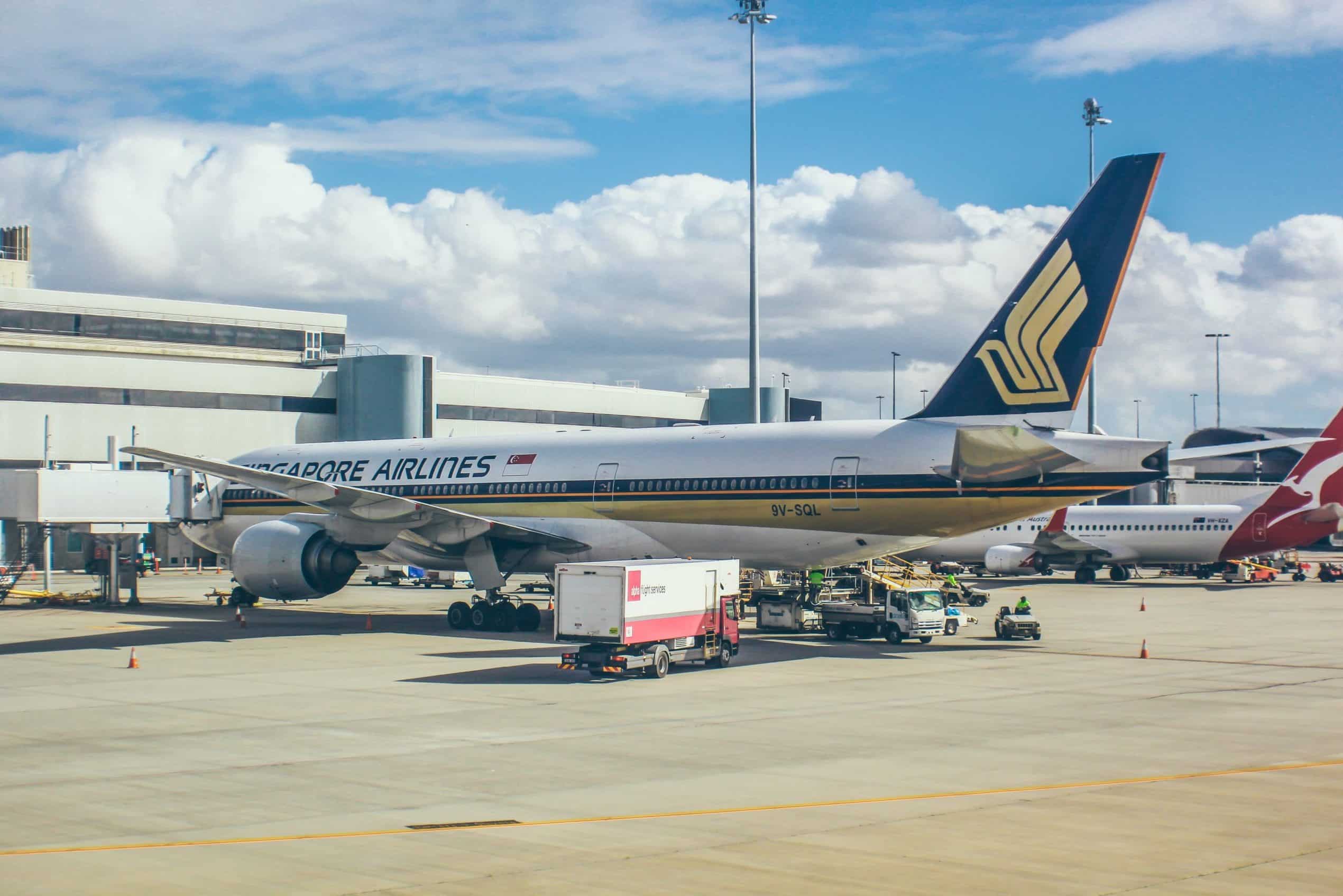
Lost, Damaged, or Delayed Luggage
If your bags are lost, damaged, or delayed, the Air Passenger Protection Regulations stipulate what you’re entitled to claim. On most international flights, you’re also covered by the Montreal Convention.
If you arrive at your destination and notice that your bag is damaged or delayed, you must file a written claim with the airline within seven days of arrival. If you suspect your bag is lost, you must file a written claim with the airline within 21 days of arrival.
You are eligible to claim up to around $2,350 in damages if your bag is damaged, lost, or delayed. The airline must refund you for any checked baggage fees, too.
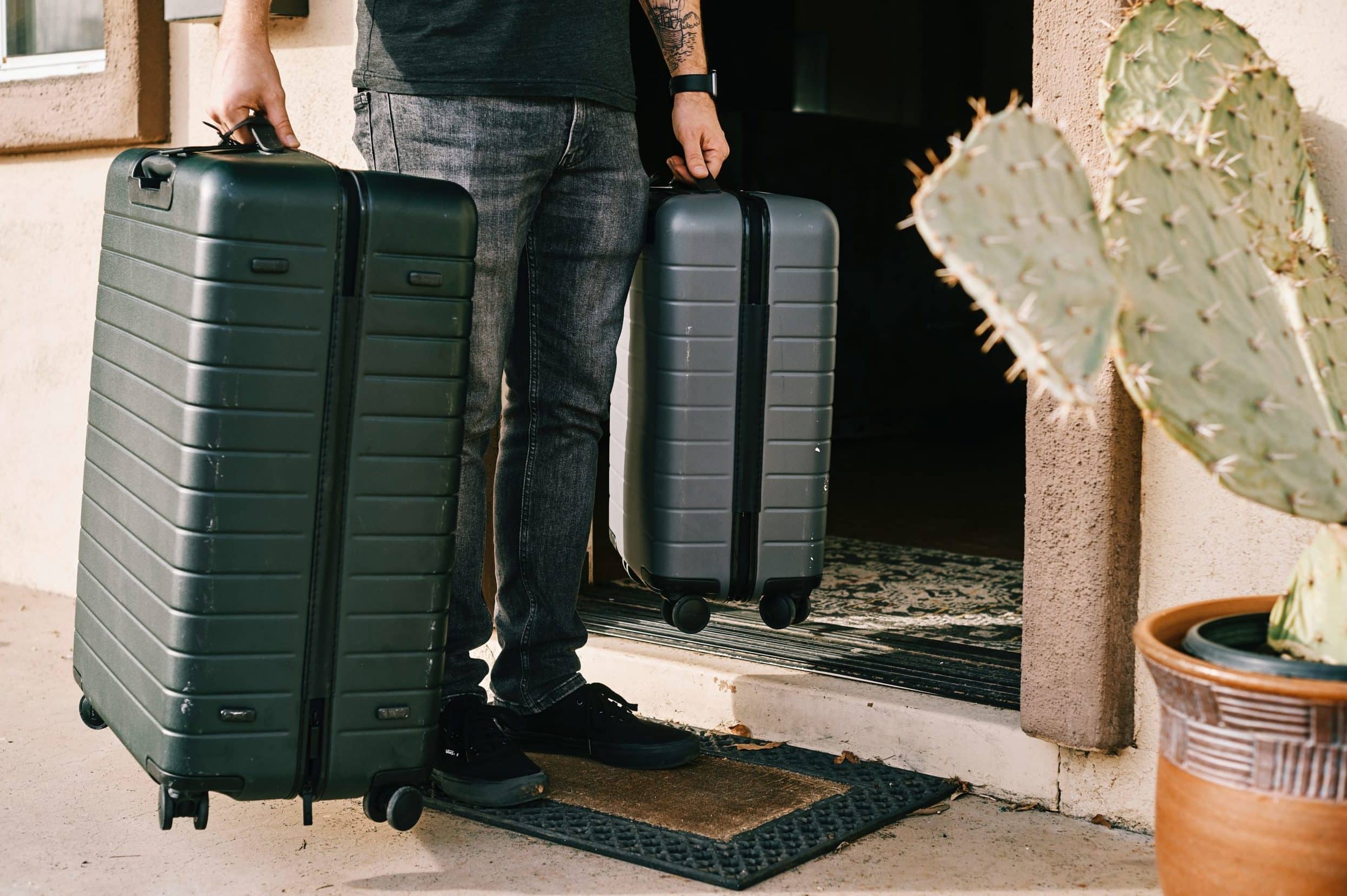
Contrary to popular belief, the damages you can claim are for anything reasonable that was in your suitcase that you needed at your destination that you don’t have because of the delay.
Of course, this includes toiletries and other such essentials, but it also covers clothing and anything else that you can reasonably claim. Be sure to keep your receipts and be ready to justify your claim.
Seating of Children
For families, an important aspect of the regulations is how airlines are required to seat children under the age of 14 near a parent, guardian, or tutor at no cost. The required proximity to the adult depends on the age of the child:
-
Children below the age of five must be seated next to their parent, guardian, or tutor.
-
Children between five and eleven must be in the same row and separated by no more than one seat from their parent, guardian, or tutor.
-
Children aged twelve and thirteen cannot be separated by more than one row from from their parent, guardian, or tutor.
Airlines are subject to fines of $25,000 for each incident when the above rules aren’t followed.
These rules seem very reasonable, and offer families greater peace of mind when planning for an already stressful experience, without incurring any extra seat selection fees.
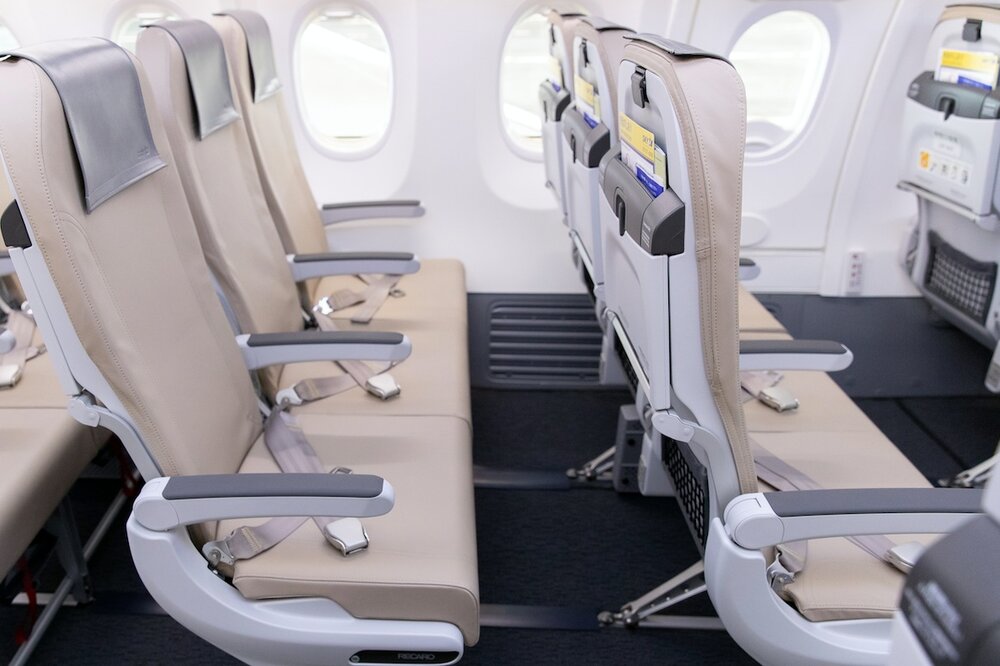
Conclusion
The Air Passenger Protection Regulations define minimum standards of treatment and compensation for disruptions to air travel to, from, or within Canada. This marks a shift towards passengers having more rights when travelling by air.
It is a good idea to become familiar with these regulations so you can claim compensation when it’s due.
It is also a good idea to become familiar with other protections, such as the Montreal Convention, as they may provide greater levels of compensation than these regulations.






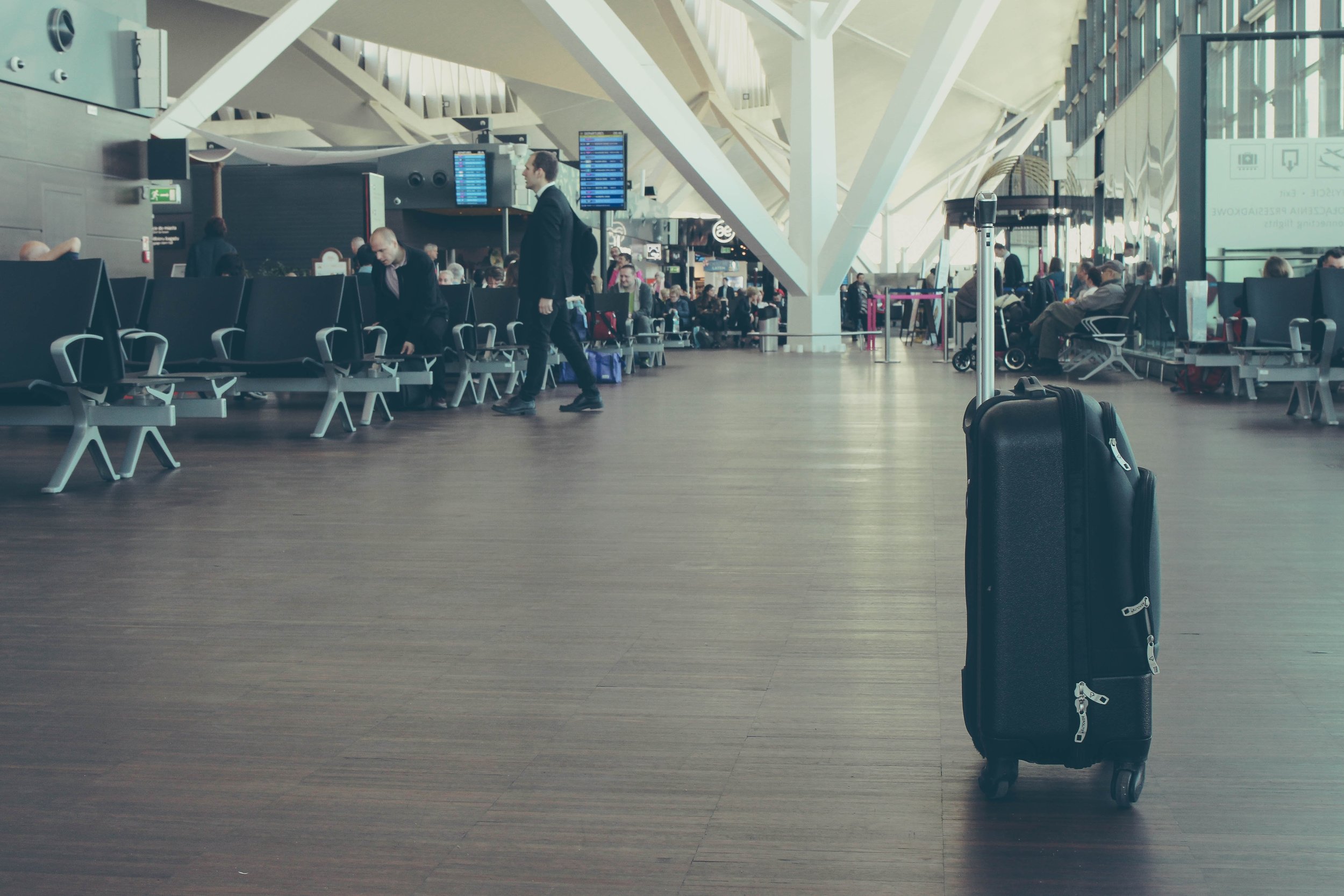












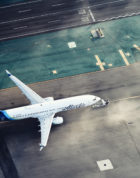

Does this apply to award flights as well? So far I have a 3h+ delay on my YYZ-LIM flight, and it’s unclear when we’ll take off
And does anyone know of a third party that helps with these claims? Thanks
Wondering what the protocol is when a flight is canceled and the airlines offers OTHER forms of transport. I booked my wife and son a flight from Winnipeg to Sarnia, ON via Toronto on RBC Rewards. The Sarnia-Toronto flight ended up being canceled but Air Canada booked them a bus from Toronto to Sarnia via London at no cost. I am assuming that the points and taxes for the Toronto-Sarnia portion of the booking will be reimbursed despite AC actually getting them to their destination (within a few hours of when they had originally supposed to have arrived, despite going by bus and not plan). Am I correct in that assumption?
I have filed an EU261 compensation from a Swiss flight from ZRH to BCN. One of the Airbus’s engine wouldn’t spool up. We had to deplane and board another aircraft. The whole process took a long time and in the end we were 4 hrs late. Swiss wouldn’t pay when I complained using their website. Since I was on vacation, I decided to go thru a third party claiming service (airhelp.com) and it took them around 2.5 weeks to get the 900 euros compensation money which was deposited into my bank account in CDN$.